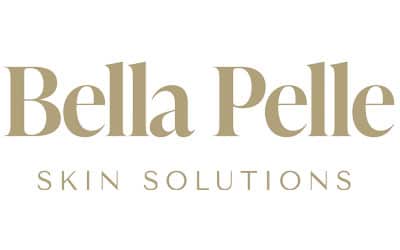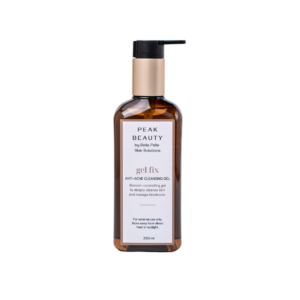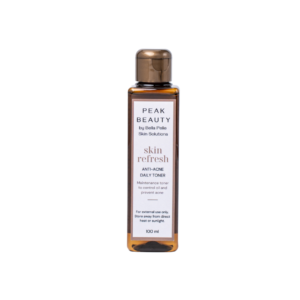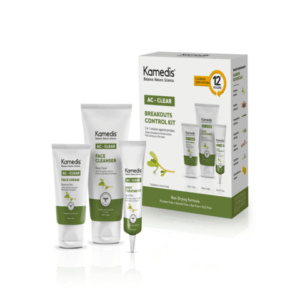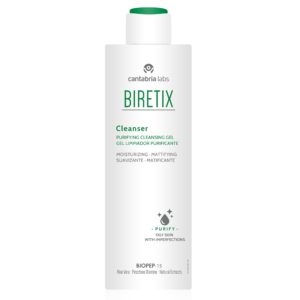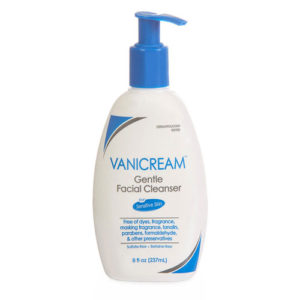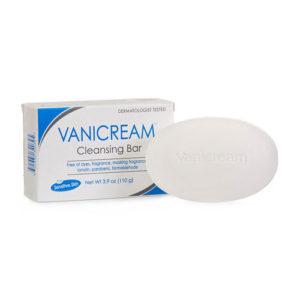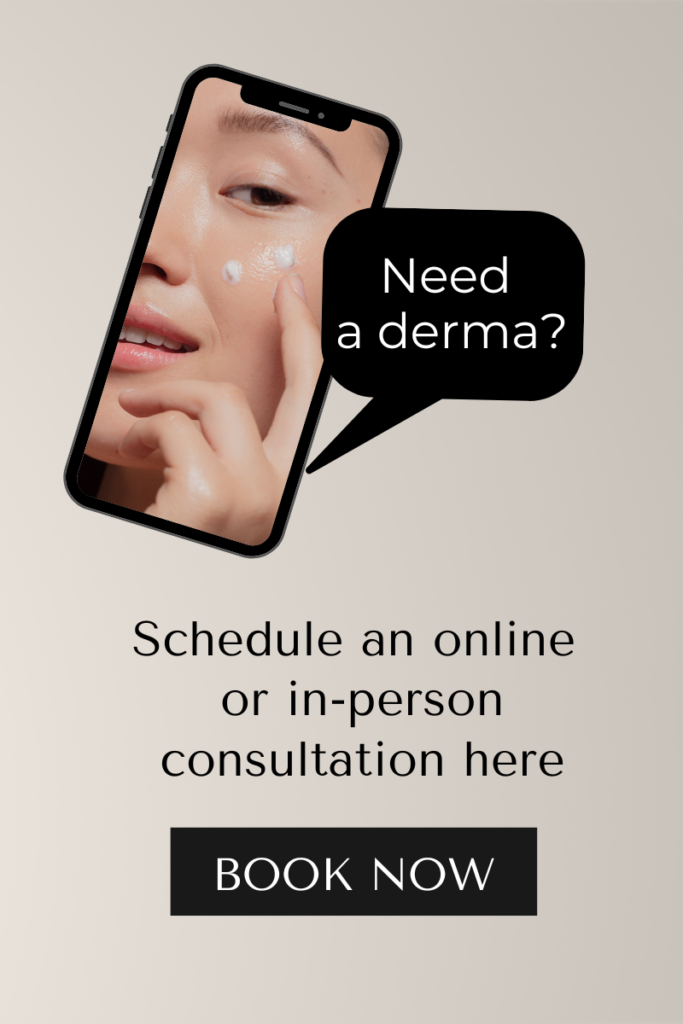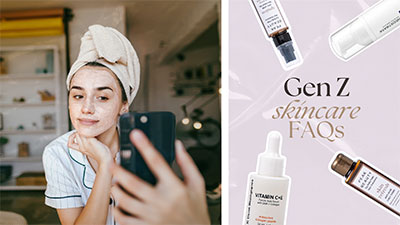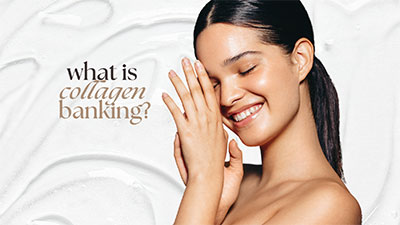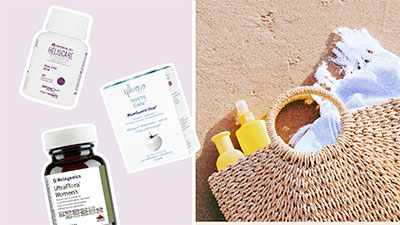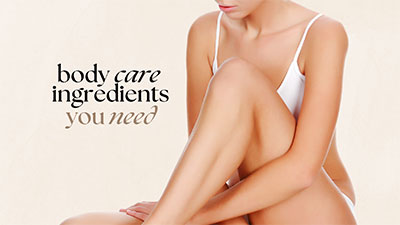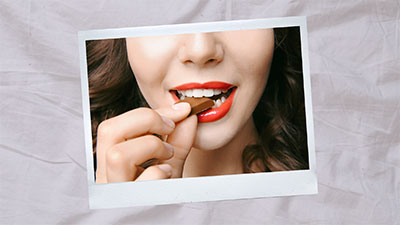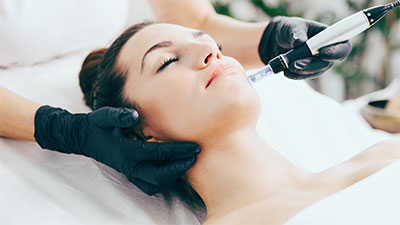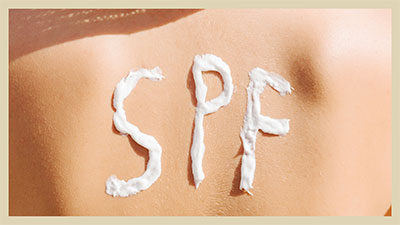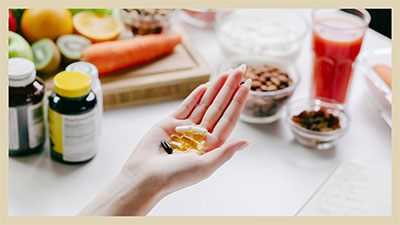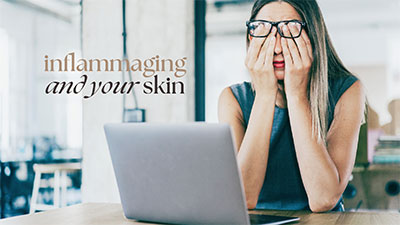Ask the Derma: At What Age Can My Child Start Using a Deodorant?
Plus, other hygiene tips for tweens and teens.
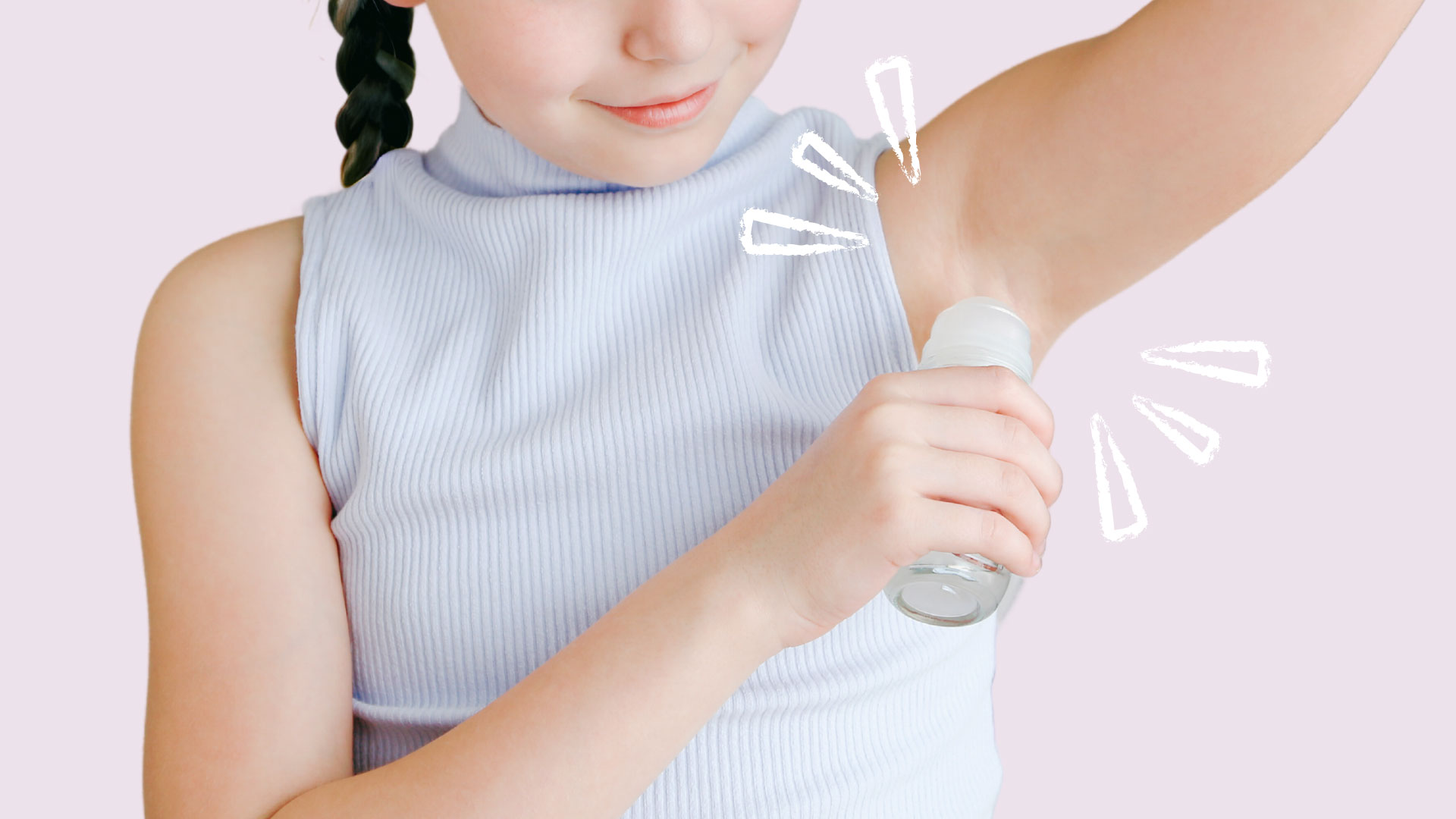
One day you’re dealing with diaper rashes and childhood eczema, and the next thing you know your kid is pre-puberty and facing an entirely new set of concerns.
Navigating early adolescence with your child can be a tricky slope, especially when it comes to hygiene. It’s a time when their bodies are changing rapidly, and new needs — and problems — are arising. (As the kids say these days: “IYKYK!”) If you’re wondering when to introduce deodorant or how to guide them on how to properly care for their body, you’re not alone.
Here’s what our resident expert has to say.
Q: At what age can my child start using deodorant?
A: Most children begin to experience body odor as they enter puberty, which can start as early as 8 years old for some. There’s no definite age when a child should start using deodorant, but once they (or you) notice body odor, it’s a good time to introduce it.
Dr. Maximin Navarro, board-certified dermatologist and a fellow of the Philippine Dermatological Society (PDS), recommends starting with a deodorant that’s formulated for sensitive skin, as children’s skin can still be delicate. “It should be free of parabens, formaldehyde, gluten, lanolin, dyes, fragrances, gluten, and botanical extracts,” he says.
Additionally, he advises looking for a deodorant with aluminum zirconium trichlorohydrex gly, versus one with aluminum chlorohydrate, explaining that “aluminum zirconium is more effective as an antiperspirant.”
Aside from using a deodorant, proper cleansing of the underarm area should be reinforced. Bad odor stems from the accumulation of dirt and sweat, so teach your child to always wash his or her armpits thoroughly with a gentle cleanser or soap. Keep an eye out for signs of excessive sweating, too, as this requires special treatment.
Q: Should tween girls start using a feminine wash once they start their period?
A: Young girls may wash with water and “a mild feminine wash that is pH balanced,” and is free of harsh chemicals and fragrances, Dr. Navarro says. The vagina has a natural self-cleansing mechanism, and the use of scented or harsh products can disrupt its balance.
In cases when she cannot wash with water, she may use hypoallergenic feminine wipes—but it is important that she still washes thoroughly when she gets home.
Probiotic supplements can also help maintain healthy flora in the vaginal area, Dr. Navarro adds.
Q: How should my tween care for body parts with growing body hair?
A: As tweens grow, they may start to notice more hair in areas like their underarms, legs, and even their upper lips. This can be uncomfortable or embarrassing for some, so it’s essential to guide them with care.
While shaving is the easiest solution to manage unwanted body hair, it’s not the only option. There’s also waxing, threading, and the use of gentle depilatory creams formulated for sensitive skin. What’s important is that these hair removal methods are properly discussed and done with caution to avoid cuts, burns, or irritation.
For tweens with sensitive skin, waxing or laser treatments are not typically recommended until later teen years, as their hair follicles are not yet mature.
Q: Is acne normal in early puberty, and how can I help my child manage it?
A: Yes, acne can appear even before the teenage years due to hormonal changes. “Treatment depends on the type of pimples and how severe the acne is,” says Dr. Navarro, who further breaks it down below:
● Mild acne: Usually treated with creams or gels. Common ingredients include benzoyl peroxide, azelaic acid, and antibacterials for red, inflamed spots. Topical retinoids work well for non-inflamed bumps. If you have a mix of both types, combination treatments are often used.
● Moderate acne: Often requires oral antibiotics along with topical treatments.
● Severe acne: Treated with oral isotretinoin (a strong medication for severe cases).
For all types, chemical peels and laser treatments can also help clear the skin.
For tween or teen acne, you can start with a gentle pimple-fighting regimen, like the Peak Beauty Anti-Acne line, featuring minimalist formulas with maximum results.
|
Peak Beauty Skin Refresh Anti-Acne Daily Toner, P400 |
Try this duo: Peak Beauty Gel Fix Anti-Acne Cleansing Gel, P800, a lightweight but deep-acting gel cleanser that effectively washes away dirt, oil, and sweat, and Peak Beauty Skin Refresh Anti-Acne Daily Toner, P400, a non-drying toner formula for the daily maintenance of oily and acne-prone skin.
Other recommended products:
A botanical line, this includes a facial cleanser, face cream, and a spot treatment for oily and acne-prone skin.
This everyday cleanser effectively reduces bacteria and controls oil. Use with the Biretix Duo Anti-Blemish Gel.
Q: Can my child still use cleansers and hygiene products for kids, or should they switch to adult versions?
A: During early puberty, it’s generally okay for tweens to continue using kids’ cleansers and hygiene products as long as they’re doing the job. However, if your child is experiencing more significant changes like oily skin, acne, or body odor, you might consider transitioning to products geared toward teens or adults.
But make sure you do a gentle shift. For facial cleansers, go for a mild foaming cleanser that’s free from harsh sulfates. Look for products marketed as ‘gentle’ or ‘for sensitive skin’, like the Vanicream Gentle Facial Cleanser, P2,100 or Vanicream Cleansing Bar, P720.
|
Vanicream Cleansing Bar, P720 |
When it comes to body care, it’s best to stay away from overly fragrant adult products. Strong fragrances can irritate sensitive, developing skin, so as much as possible, look for unscented options — or lightly scented ones.
It’s important to let your child’s skin guide the switch — there’s no rush to jump into adult products if what they’re using works. Just be mindful of skin changes and adjust as needed.
Q: How can I encourage my tween to keep good hygiene habits?
A: Tweens may not be enthusiastic about hygiene at first, but the key is consistency. It’s also crucial to make it a positive experience, instead of nagging them about it or even resorting to body-shaming.
Start with small steps, like making small tweaks to their showering routine (for example, reminding them to spend a good two to three minutes washing their armpits) or encouraging them to wash their face before going to bed. A fun, personalized approach — like allowing them to pick out their own deodorant or soap — can also motivate them.
Creating a comfortable environment to talk about their hygiene concerns will help too. By normalizing conversations about body changes, you help ease any anxieties or frustrations they may be feeling.
The bottomline
Hygiene during early puberty is about being patient and finding what works for your child. Every child develops at their own pace, so don’t worry if they aren’t ready for every step at the same time. Keep things simple and focus on making them feel empowered about taking care of their changing bodies.
For customized skincare and wellness recommendations, you can book a face-to-face or virtual dermatological consultation with Dr. Maximin Navarro, our resident dermatologist and a Philippine Dermatological Society (PDS) fellow, here. You may also contact the Bella Pelle Skin Solutions Clinic at (+63) 999-887-1933. For a full list of facial services and other treatments, click here.
Bella Pelle Skin Solutions is located 2/F L Building, #142 Katipunan, Brgy. Saint Ignatius, Quezon City. The center is open Monday to Friday, from 9 a.m. to 6 p.m.
For more beauty and skincare tips, subscribe to our newsletter:
SHOP OTHER PRODUCTS:
 Bella Pelle Skin Solutions Oatmeal Soap, P195 |
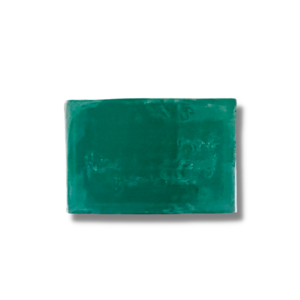 Bella Pelle Skin Solutions Tea Tree Bar Soap, P195 |
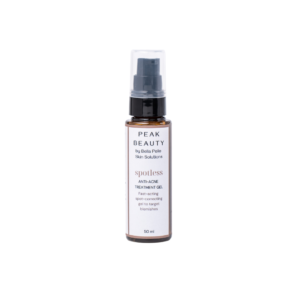 Peak Beauty Spotless Anti-Acne Treatment Gel, P750 |
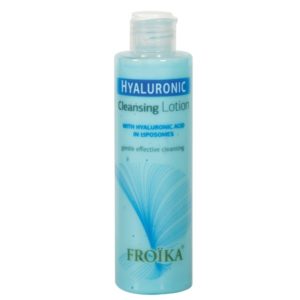 Froika Hyaluronic Cleansing Lotion, P1,900 |
